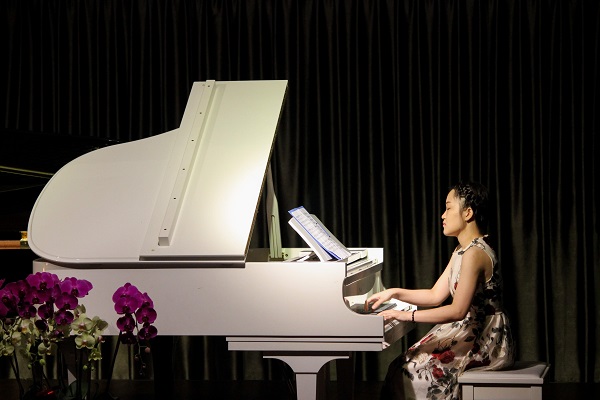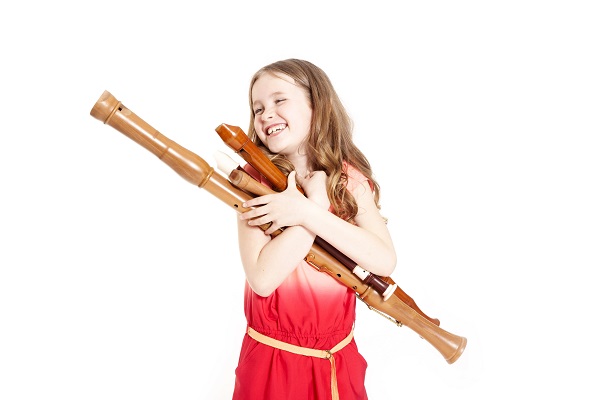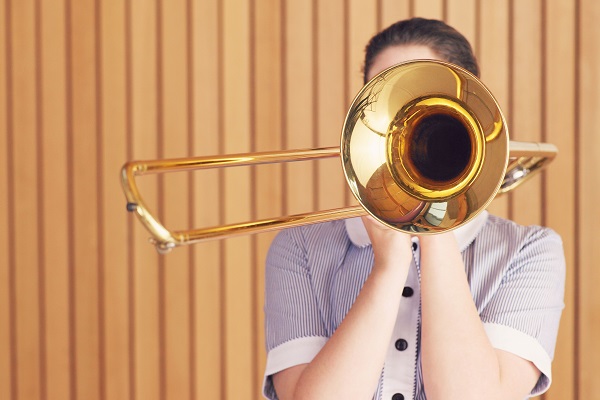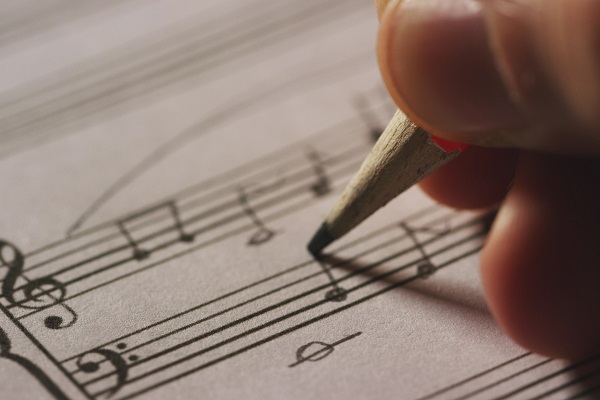Music Syllabuses Explained
Instrumental and Vocal Specialties
Where specialty instruments are listed as is (above), this is summarised as the "classical" AMEB music syllabus. This encompasses the Leisure series as well so it's far more than just classical. Within this, there are different exam options to provide you with the opportunity to present a variety of programs.
Comprehensive
Just as it suggests, this exam assesses a comprehensive set of learnings. Candidates prepare selected works and technical work (eg scales), answer questions on general knowledge, and are tested on aural and sight-reading. This is the traditional AMEB exam format with the following being available variations.
Repertoire
Candidates present pieces only, demonstrating their technique and knowledge through the repertoire. There is flexibility to choose a range of repertoire style across both set lists and own choice works.
Repertoire Exams are a great way to get a practice run at your TCE and UTAS exam, and receive constructive feedback and guidance to help in guiding your final preparations.
Repertoire exams are available across all syllabuses except Band.
For Leisure Series
This syllabus explores popular repertoire including well-loved standards from classical and jazz styles, and arrangements of movie themes and popular songs. Please note that the standard for Leisure exam will now be referred to as Comprehensive exam option in order to differentiate it from the newly introduced Repertoire exam alternative.
For Leisure (Comprehensive) Candidates may choose between aural and sight-reading in their exam.
Band
This syllabus encompasses Grade 1 through to Licentiate, for Concert and Brass Band specialties including Bb, Eb, and C instruments. Please note that the Band syllabus is available only in the traditional (Comprehensive) exam format.
Ensemble Exams
It's rare that any artist will spend their whole lives performing solo. Ensemble exams exist to support the training of chamber and ensemble development.
Piano Collaborative
In addition to the Solo (standard) exams, Pianists can also undertake Collaborative exams in Grades 5-8. These are technically individual exams but provide an opportunity to perform with an associate artist and get recognition for working in the ensemble setting.
Currently, only the Comprehensive syllabus has been developed, however it is possible to do a Piano (Collaborative) Repertoire exam. It's also possible to select works from the Collaborative syllabus for Own Choice pieces in a Solo Repertoire exam. If either of these options sound interesting to you, please get in touch with your friendly team in the AMEB Tasmania office so that we can help you with your program and ensuring all required syllabus objectives are covered.
Ensemble Performance
A special syllabus exists for groups of varying instrumentation to assess repertoire beyond the solo performance. The syllabus specifies various types of groups (such as Percussion, String Ensemble, Woodwind, and Brass Ensembles) as well as a Mixed Ensemble - this could include choirs, chamber groups, or however your students are currently rehearsing.
Rockschool
This syllabus is for contemporary musicians, with genres including jazz, indie, metal, pop and more. There are two options within the Rockschool syllabus, as well as its own ensemble option.
Grade Exam
This includes performance pieces, technical work, sight-reading or improv, aural, and musicianship - essentially the equivalent to the classical Comprehensive exam.
Performance Certificate
Much the same as the Repertoire exam option, the Performance Certificate requires a performance of five pieces, three of which can be the candidate’s own choice.
Associate Award in Performance
These two exams (Level 4 and Level 6) are designed to take the performer beyond Grade 8. They're purely performance-based, can be taken any time, and come complete with postnominals to add to your professional profile.
Professional Diplomas
The Diploma content is highly relevant for the industry and allows you to follow one of three pathways: Performance, Teaching, or Creative Enterprise. Subjects can be chosen from across all three to best support the desired learnings and outcomes of each individual candidate. The Creative Enterprise pathway is fantastic for artists wanting to market and sell their brand within the creative industries, and it includes modules on things like marketing, planning and delivering performing arts productions, and collaborations.
Rockschool Band
These ensemble exams are no longer available however live accompaniment is now permitted in Rockschool exams so bring your band to back you up!









